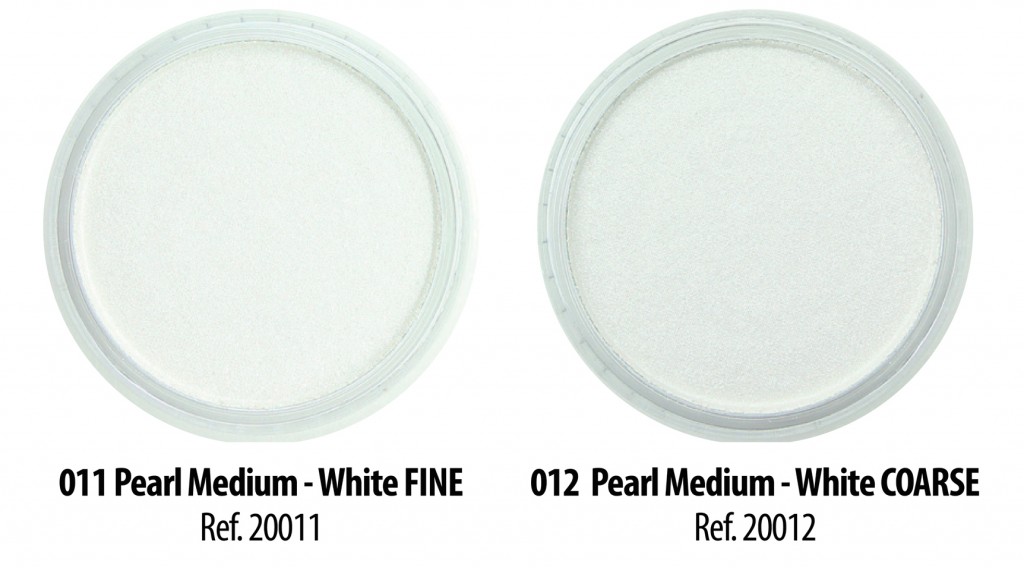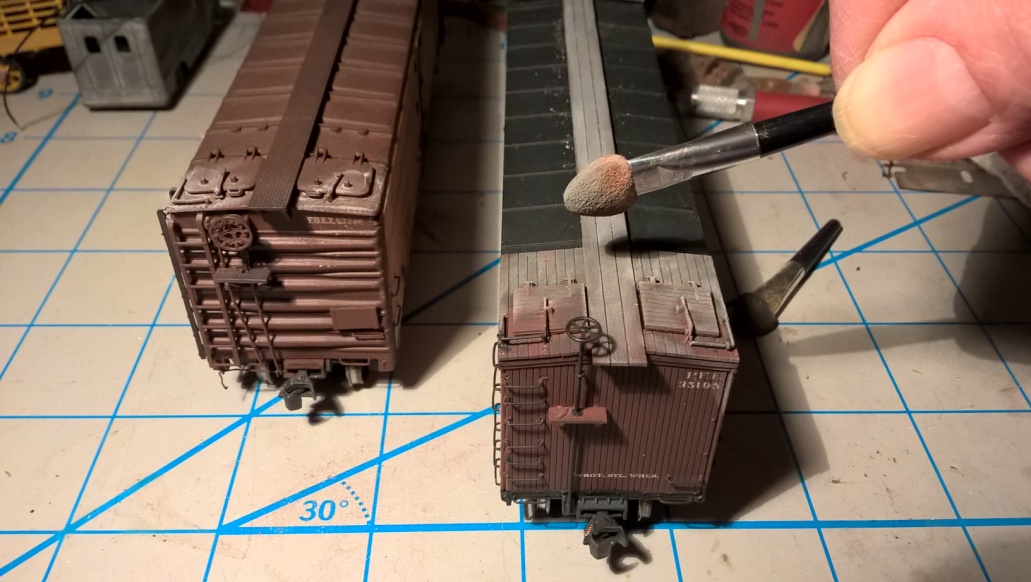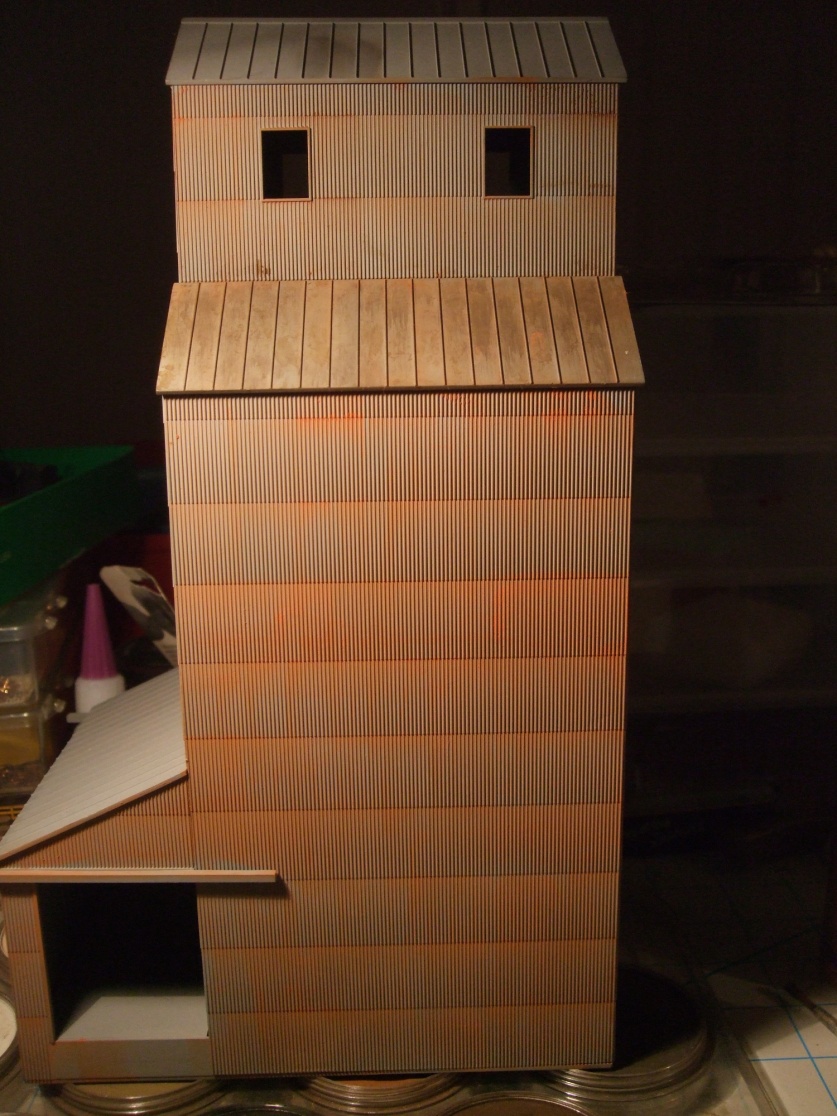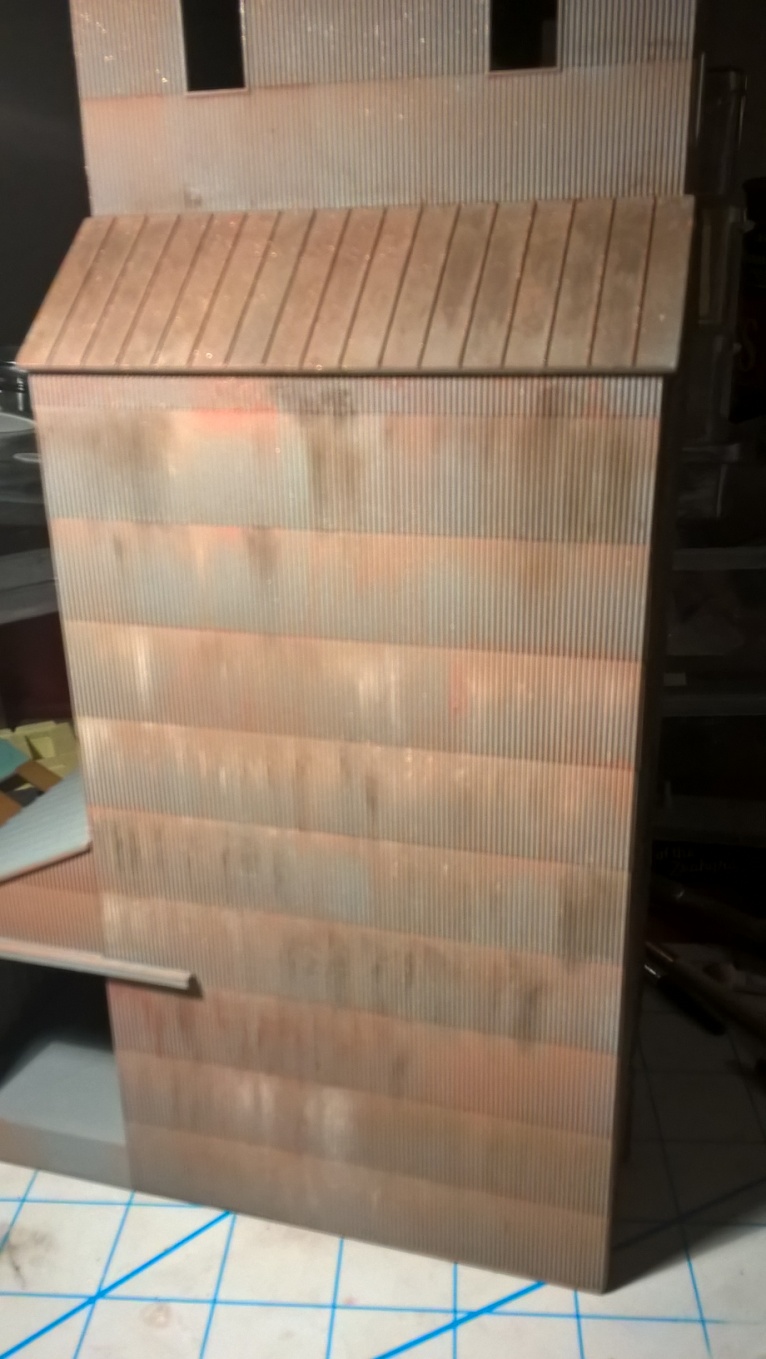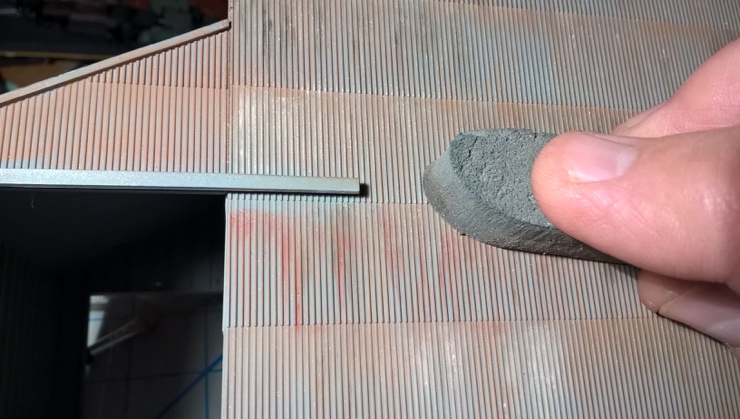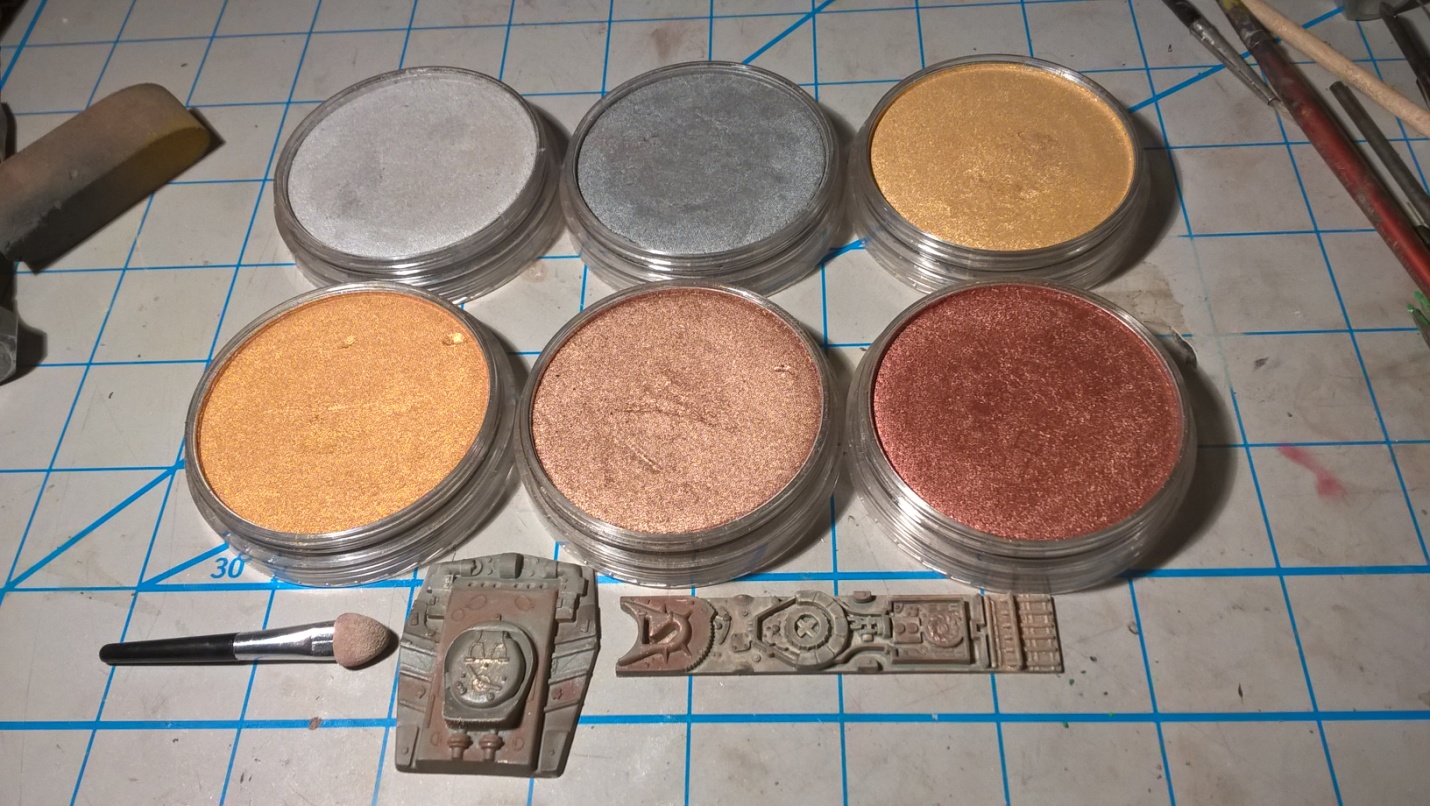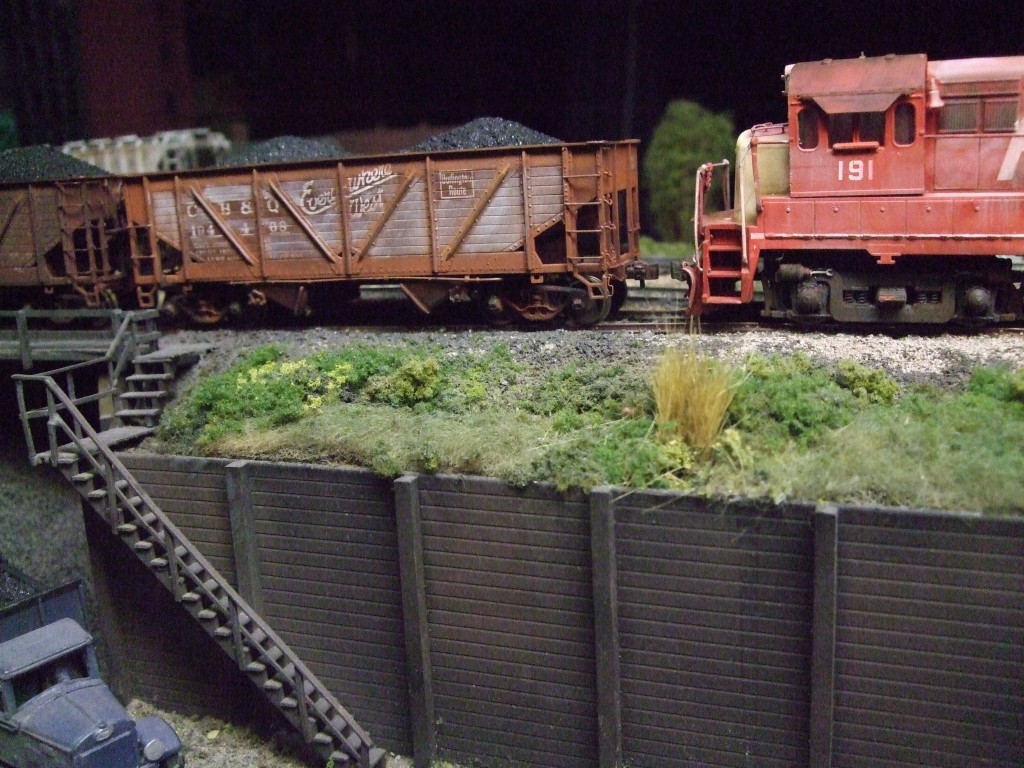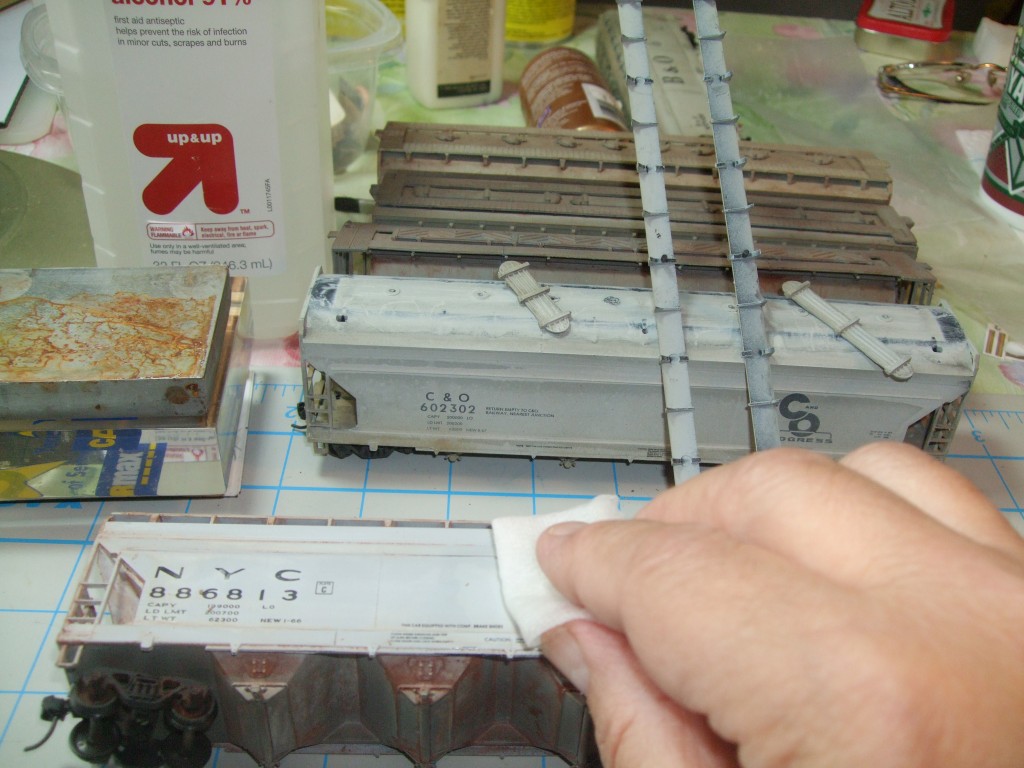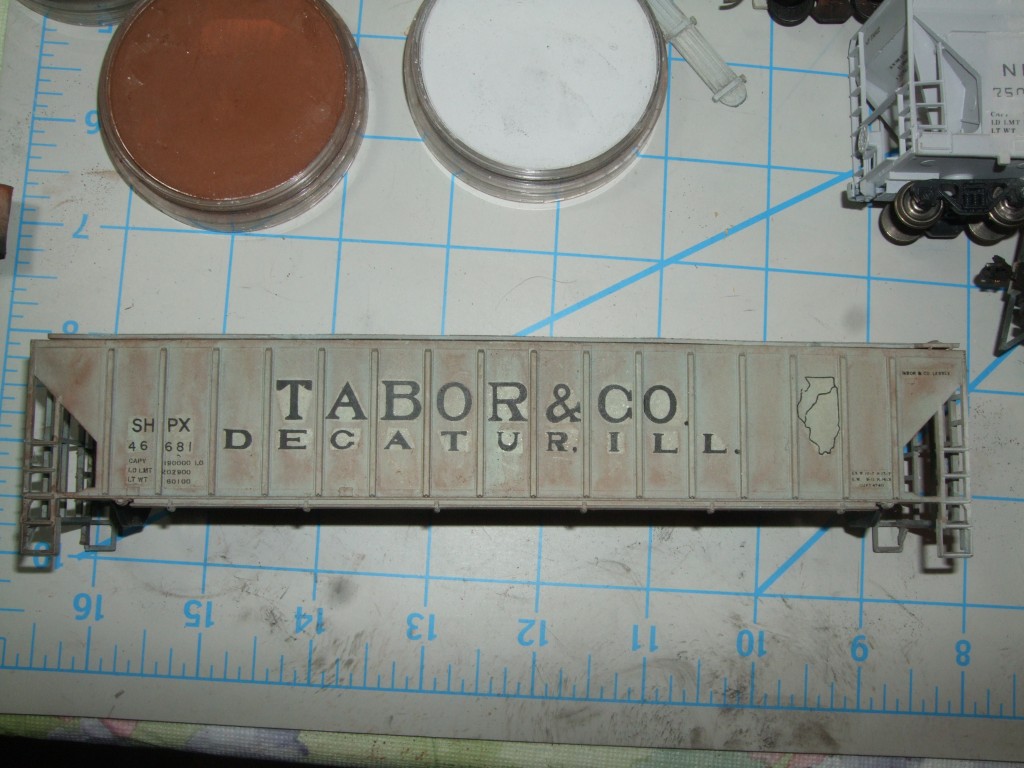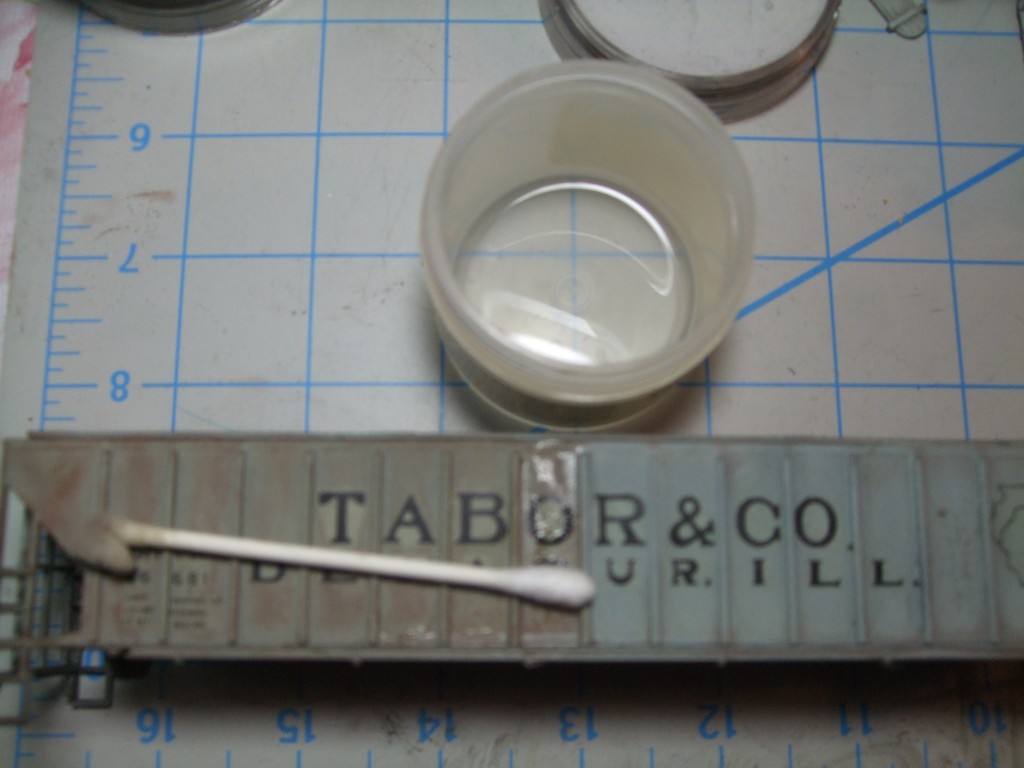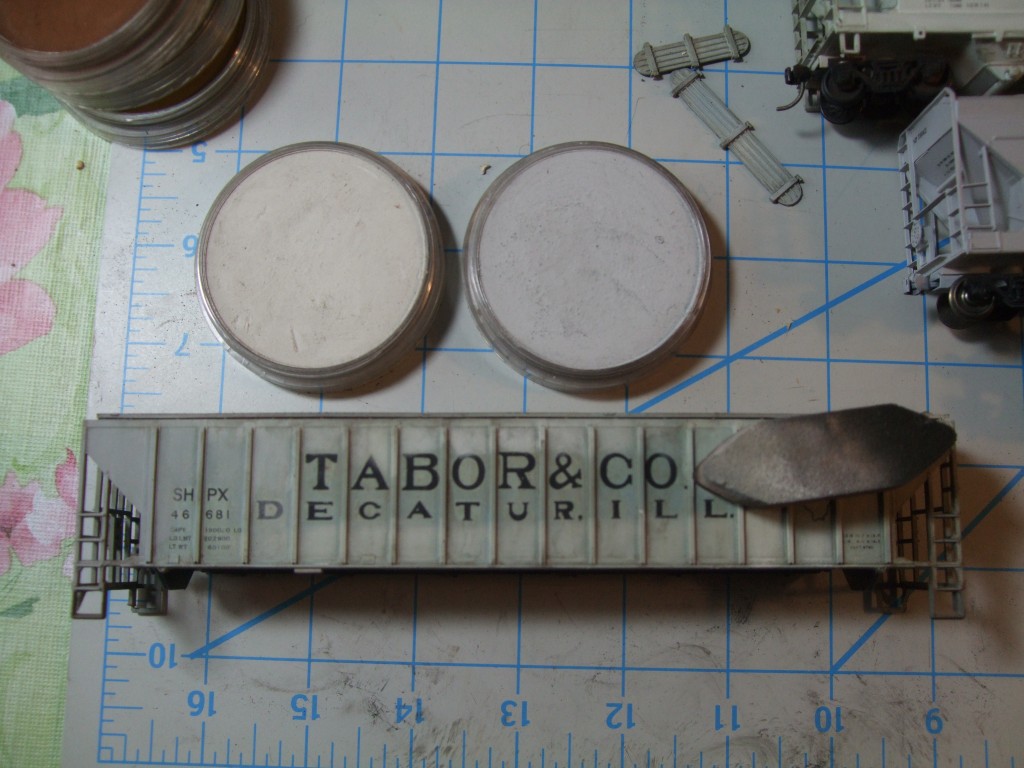By Rob Manley
I had a great time at the Amherst Model Train Show back in January this year. I gave a PanPastel® weathering clinic to a full house on Friday and did demos at the PanPastel table for the rest of the weekend. It’s always great to meet the modelers that use PanPastel and those who are interested in trying. The word is definitely out and there are some great examples of really high-end modeling by using PanPastel. What I have to remember is that the product has as much appeal for the novice as for the more experienced user too.
I’ve been using PanPastel since 2009 and sometimes I forget about those starting out in the hobby. So after some soul searching (I should have looked in the back of my sock drawer) we are going back to the beginning…
So why do we modelers weather our stuff? Well in a word, realism. It is also another way to put our personal mark on our models in a hobby that is becoming more “ready to run”. Models have become straight from the box, contest winners, with all the prototype details correctly installed and painted. Some of the time anyway. Weathering is also a great way to hide flaws too.
I saw some great layouts at the show but on some of them I did notice was that the motive power (and most of the train) looked like it rolled from the paint booth. Yep, no weathering. Right from the box and on the rails. So why, does this happen? Well I’m glad I asked that question. Modelers I met at the show who don’t weather gave me some of the answers.
- “I can’t weather.”
- “I don’t have an airbrush.”
- “I’m afraid of wrecking my expensive model.”
All, extremely, valid, points. Well, here are my answers:
To #3 – You can not wreck it with PanPastel because it can be removed/corrected easily.
To #2 – You don’t need an airbrush.
And to #1, that’s OK ‘cause I’ll teach you how I weather.
PanPastel is a great product with an amazing limitless number of uses. It’s easy too. There is really no down side to it as it lasts a really long time. Read more

